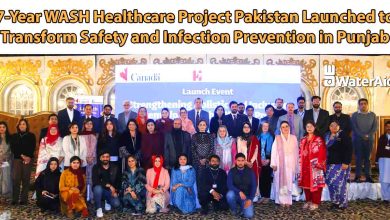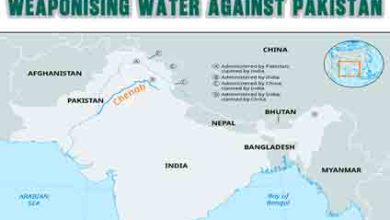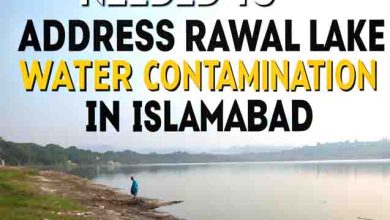Pipeline Leakage to Cause City-Wide Water Shortage in Karachi
Pipeline leakage in Karachi causes a massive 200 MGD water shortage, affecting DHA, Saddar, Korangi & more. Repair work is underway to resolve crisis.
KARACHI – A pipeline leakage to cause city-wide water shortage has sparked major concern among Karachi’s residents as a critical 84-inch diameter water main has developed three significant leakages.
This vital conduit, located near Ghazi Goth Safoora, is responsible for transporting a considerable share of the city’s water supply. As repair crews rush to mitigate the damage, residents in many areas are already experiencing low pressure and disrupted water availability.
Overview of the Crisis
The Karachi Water and Sewerage Corporation (KWSC) has confirmed that the 84-inch main pipeline—also known as Siphon 19—has sprung three leaks. This aging line is one of 20 primary pipelines supplying Karachi with clean water.
Repairs commenced Thursday and are expected to take four days to complete. During this period, the city’s usual 650 million gallons per day (MGD) water supply will drop to 450 MGD, causing an acute 200 MGD shortfall.
Extent of the Damage
An investigative report by Express reveals that the pipe, with a seven-foot diameter, is leaking at three separate locations. Experts say that this type of damage likely requires full section replacement, rather than just patchwork repairs.
KWSC officials stated that the complete extent of the pipeline degradation will only be understood once the line is fully drained and inspected.
Affected Areas in Karachi
Water supply to several major city zones will be partially or fully suspended. KWSC has issued an alert for the following neighborhoods:
-
NEPA
-
Liaquatabad
-
Jamshed Town
-
Jinnah Town
-
Saddar
-
Old City Area
-
PIB Colony
-
Hyderabad Colony
-
Landhi
-
Korangi
-
Defence Housing Authority (DHA)
-
Clifton
This shortage is expected to persist until the repairs are fully completed, creating uncertainty for millions.
Water Tanker Rates Soar Amid Scarcity
With the pipeline out of commission, many areas are relying on private water tankers—and opportunistic tanker owners have already spiked their service charges.
Residents of DHA and Clifton reported being charged twice the regular rates, with some claiming they are being quoted Rs. 5,000 to Rs. 8,000 per tanker, depending on the timing and demand.
This has added financial stress to middle-class families already dealing with inflation and rising utility costs.
Repair Efforts by KWSC
The Karachi Water and Sewerage Corporation began repairs immediately after detection of the leakage. A dedicated team of engineers is working round the clock in three shifts to ensure timely restoration.
Officials assure that if all goes according to plan, the pipeline will be functional within four days. However, adverse weather, material delays, or further damage discovered during inspection could prolong the process.
Key Highlights of the Repair Plan:
-
Continuous work in three shifts
-
Pipe inspection post-shutdown
-
Replacement if cracks are extensive
-
System pressure to be monitored after repair
Citizens Urged to Conserve Water
City authorities are urging citizens to practice water conservation until the crisis is resolved. Here are a few water-saving tips:
-
Store water for essential needs only
-
Avoid washing cars or watering gardens
-
Use buckets instead of hosepipes
-
Repair any household leakages immediately
Schools and businesses have also been asked to minimize non-essential water usage and share resources where possible.
Expert Opinion on the Water Infrastructure
According to urban planning experts and civil engineers, the root cause of repeated leaks in Karachi’s water infrastructure lies in:
-
Aging pipelines (some over 40 years old)
-
Lack of regular maintenance
-
Overpressure in pipelines due to illegal connections
-
Delayed budget allocations for upgrades
Recommended Reading: How Aging Infrastructure Impacts Urban Water Supply
Conclusion & Next Steps
The pipeline leakage causing city-wide water shortage in Karachi is a wake-up call for policymakers and utility providers. With three active leaks in a single pipeline, it highlights the need for massive overhauls and preventive maintenance across the network.
The next few days are crucial. If repairs go smoothly, normalcy may return within four to five days. Until then, Karachiites must brace themselves, manage water wisely, and demand better infrastructure accountability.







